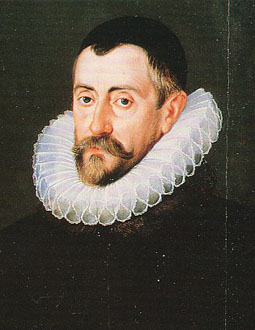Source:AFP
South Korean Intelligence said on Wednesday that then-president Park Chung-Hee had approved the infamous 1973 kidnapping in Tokyo of dissident Kim Dae-Jung.
Kim Dae-Jung, who later ruled the country and won the Nobel Peace Prize and was awarded the Nobel prize in 2000 for laying the groundwork for inter-Korean reconciliation, was kidnapped by agents of the National Intelligence Service (NIS) predecessor, the Korean Central Intelligence Agency (KCIA) from a Tokyo hotel in August 1973.
He was taken to a ship and was about to be thrown overboard before his life was dramatically spared thanks to the intervention of US government authorities. The dissident was brought back to Seoul and put under house arrest for years.
The NIS report said Park began trying to curb Kim after the opposition leader almost defeated him in a 1971 presidential election. "As Kim Dae-Jung's political standing rose dramatically in the aftermath of the presidential poll, Park started considering Kim as the most serious obstacle to his plan to extend his presidency," the report stated.
South Korean ambassador Yu Myung-Hwan visited the Japanese foreign ministry in Tokyo on Wednesday to explain the findings to high-level officials. "It is extremely deplorable as it was a case involving a public authority's infringement against Japan. I want to see how the South Korean government is going to act" said Japanese Prime Minister Yasuo Fukuda.
The probe was ordered by current President Roh Moo-Hyun and carried out by a civilian-led "truth committee." The truth committee called on the government to "make an official apology to Kim Dae-Jung for threatening his life and breaching his human rights."
The NIS also said North Korean agents had been responsible for the 1987 mid-air explosion of a Korean Airlines passenger jet over the Andaman Sea, which killed all 155 people aboard, in an incident that was one of the flashpoints in the Cold War.
NIS confirmed the plane was blown up by a time-bomb planted by North Korean agents.
Two North Korean agents were captured afterwards in Bahrain but the man committed suicide while his female companion was taken to Seoul. She later made a chilling confession that they blew up the plane on orders from Pyongyang to try to scare away foreigners from the 1988 Summer Olympics in Seoul.
Wednesday, 24 October 2007
News-South Korean Intelligence Admits Kidnapping Dissident
Posted by
Thomas Gordon
at
16:13
![]()
Labels: Dissidents, Kidnapping, NIS (Korea), North Korea
Subscribe to:
Post Comments (Atom)






No comments:
Post a Comment